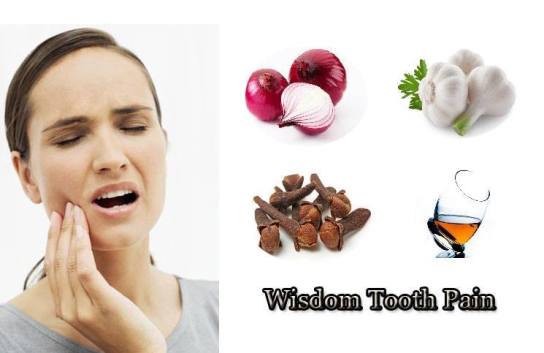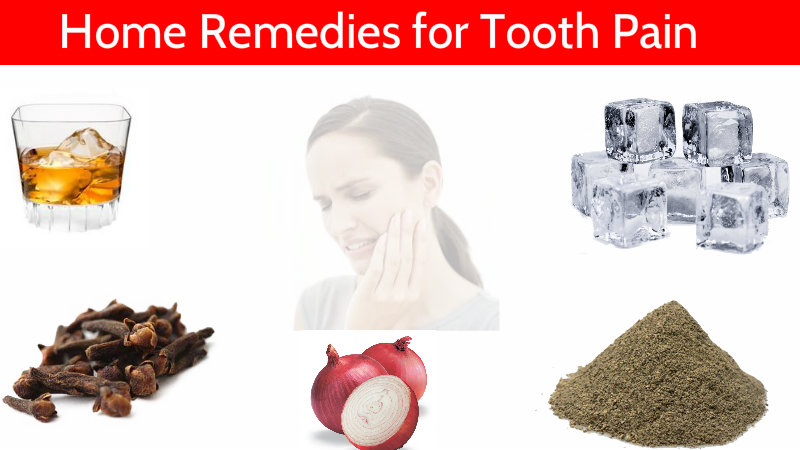Table of Content
Apply these pain-relieving gels and liquids directly to the sore tooth and nearby gums. They contain benzocaine, which will numb your mouth for a little while. As an alternative to saltwater, rinse with a solution of equal parts hydrogen peroxide and water. In fact, about 40 million adults in the United States experience some type of tooth sensitivity.
Clove oil is one of the best remedies for tooth pain as it comes with a power of two. Eugenol in clove oil contains antibacterial and anesthetic properties that can soothe your painful tooth. Moreover, clove oil is antifungal and anti-inflammatory. Applying a cold compress on the painful area is the best way to minimize pain, swelling, and tenderness. Buy an ice pack from the drug store or make one yourself by wrapping ice in a towel or plastic bag. The cold pack will numb the area and stop the wisdom teeth from hurting.
The Dental Diet
Learn more about the health benefits of peppermint. To use this approach, mix 1/2 teaspoon of salt into a glass of warm water and use it as a mouthwash. Most people experience minimal to no pain following surgery. For about three days, you'll probably experience swelling and minimal discomfort. However, the pressure should be immediately released from your jaw and neck. Impacted wisdom teeth are those that either get stuck under the gums or can only partially push through the gums.

Discover the role of antidepressants, several classes of medication proven useful in combatting depression, in treating Bipolar Disorder. Cloves are a spice native to the Maluku Islands in Indonesia. They contain eugenol, a chemical compound that acts as a natural anesthetic. Verywell Health uses only high-quality sources, including peer-reviewed studies, to support the facts within our articles. Read our editorial process to learn more about how we fact-check and keep our content accurate, reliable, and trustworthy.
Eucalyptus oil/ leaves for toothache
Adding table salt to some warm water helps reduce severe toothache and skin sensitivity. Often, the taste of saltwater is similar to blood, and this unique combination helps numb the nerve endings in the mouth, relieving the pain. Salt water rinse may give temporary relief to get you through the night, especially if you are dealing with tooth decay and swollen gums.

Alternatively, you can use a heating pad to find relief. The application of heat releases tension and increases blood flow, helping to recover from the trauma. Once the dentist determines the cause, he or she will outline available treatment options. If the tooth’s nerve is infected, you may require root canal therapy. If the area has become infected, the dentist may prescribe antibiotic medication to kill bacteria. Occasionally, dentists will use phototherapy with a cold laser, along with other treatments to reduce inflammation and pain.
Other Popular Toothache Home Remedies (That We Don’t Recommend)
It should be applied only once per day and for no longer than 15 minutes at a time—don’t forget to spit it out! Repeat as often as you can until you find an appointment with the dentist. Rinsing your mouth with a salt or baking soda solution can help relieve tooth pain. To do this, take a teaspoon of either one and mix it with enough water to make it the consistency of milk .

However, note that your third set of molars won’t come together, so you can expect these painful symptoms to annoy you from time to time. Wheatgrass can play an important part in healing wounds and eliminating wisdom teeth pain. It contains a high amount of chlorophyll that minimizes the tenderness and removes the bacteria that cause infections.
Want more tips and offers sent directly to your inbox?
Please suggest ayurvedic tabs or any other medicine. I am astonish to have brighter teeth in a very short period. If it provides any relief, the effects will be temporary. It should also not be used with children, due to its alcohol content.

Tooth pain will often prevent you functioning normally. It can ruin the pleasure of eating, and even make you want to stop talking. It may offer some relief, depending on the location of your tooth pain.
Take this liquid and gargle making sure it touches the tooth which is paining. 1) Clean and Peel the Ginger properly, now cut it into smaller chewable pieces. Place on piece on top of the tooth which is paining and start to slowly chew on it to let the juice out. Keep biting on it till you find relief or you can repeat the same thing with another piece.
If the pain is severe, you may need to be seen by a dentist to ensure that there is no underlying problem. Some people find relief from teeth pain by using home remedies such as rinsing with salt water or chewing on raw garlic. Oregano oil is helpful in killing bacteria and preventing oral infections. Note that oregano oil is very powerful; therefore, always dilute it before using it. Mix a single drop of oregano oil with one teaspoon of coconut or almond oil. With a cotton swab or using your fingertip, rub the mixture on your gums or tooth twice a day.
You can click here to visit their website to find out more about them. Salt can reduce inflammation and kill toothache-causing bacteria. Make a saltwater rinse by combining a half teaspoon of salt into a cup of water, swishing it around your mouth, then spitting it out.
A person can try making a paste by mixing turmeric and water, then rubbing it into their gums to help reduce tooth pain and sensitivity. However, there is not yet any scientific research to support this use of turmeric. Applying clove gel or oil to the gums may help reduce tooth sensitivity and pain. However, scientists need to conduct more research into this use of clove gel to confirm its benefits. In this article, we explore some home remedies for sensitive teeth and the science behind them.
Additionally, don’t take aspirin for a prolonged period without a prescription from a dentist. Baking soda paste is also a good home remedy to get rid of gum swelling and tooth pain. Take a bit of toothpaste, mix it with baking soda, and apply the mixture to the painful tooth.

This will reduce the inflammation and bring relief to the pain. You can also reduce swelling and blunt pain signals by taking an anti-inflammatory medication, such as ibuprofen. If you do take ibuprofen, try to continue taking the medication every few hours, according to the product label. Avoid taking the medication once and then stopping when you feel relief, or the pain and inflammation is likely to return.

No comments:
Post a Comment